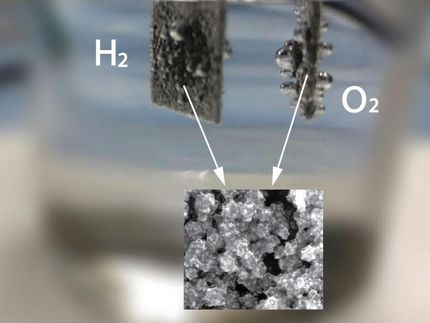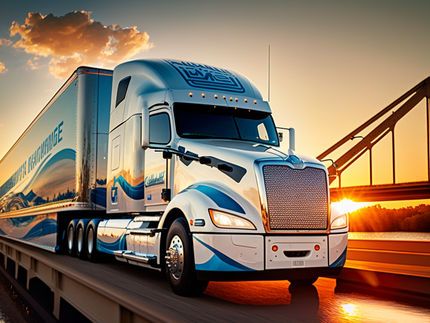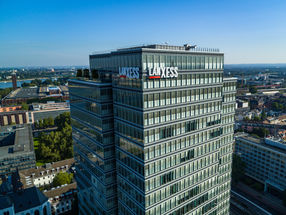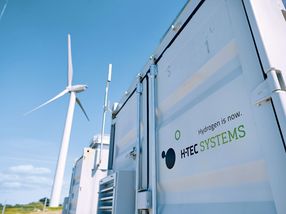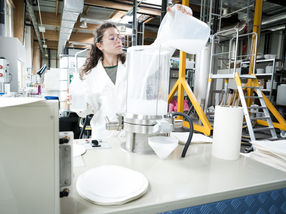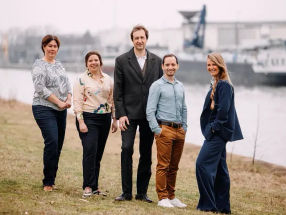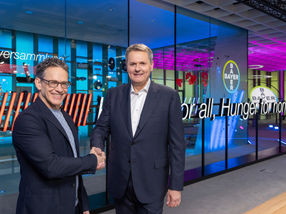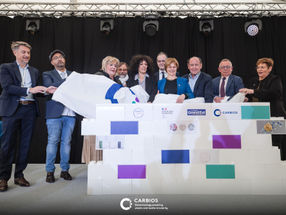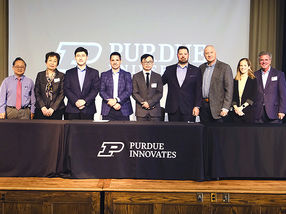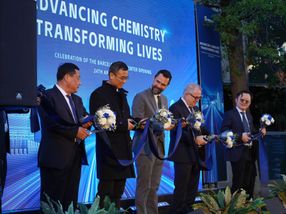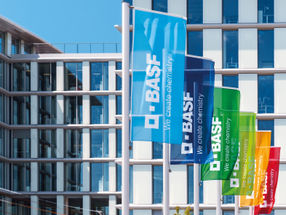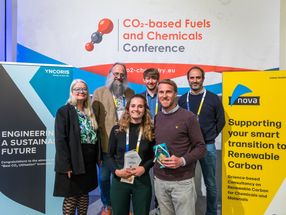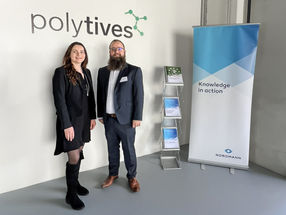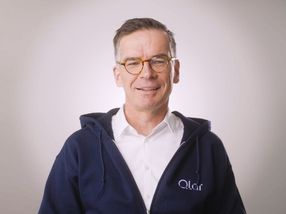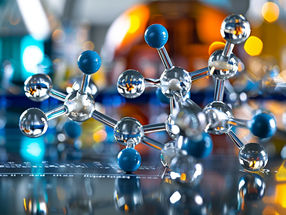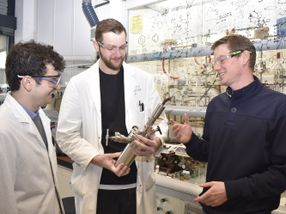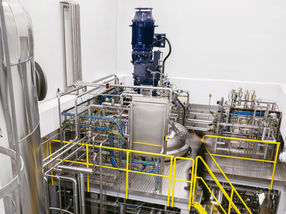Ford & BP To Build Hydrogen Fleets & Fueling Stations in California, Florida, & Michigan
Part Of U.S. Department Of Energy Hydrogen Project
Ford Motor Company and BP plc are announcing a major initiative aimed at moving the United States closer to a hydrogen economy. Ford intends to place up to 30 hydrogen-powered vehicles, and BP plans to build a network of fueling stations to support them, in metropolitan Sacramento, Orlando, and Detroit.
The automotive company and the energy provider made the announcement today at joint news conferences in each of the cities where the vehicles and fueling stations are proposed to be based and operated. The proposed fleets and fueling stations are in response to the U.S. Department of Energy's solicitation, entitled "Controlled Hydrogen Fleet and Infrastructure Demonstration and Validation Project."
"This demonstration and validation project will play a major role in moving us forward toward a hydrogen-fueled future," said Gerhard Schmidt, vice president of Ford Research and Advanced Engineering. "We are delighted to be associated with a strong forward-thinking worldwide energy provider like BP in this effort."
According to Ross Pillari, president, BP America, "We are pleased to have the opportunity to partner with a progressive company such as Ford to demonstrate the potential of hydrogen as a fuel. We believe cooperative efforts such as the one led by the U.S. DOE help stimulate progress toward a future that maximizes the potential of hydrogen infrastructure and fueling technologies."
The Ford and BP joint proposal calls for Ford to provide up to 30 hydrogen-powered Ford Focus Fuel Cell Vehicles (FCV). Assembly of the vehicles will begin by the fourth quarter of 2004, depending on the timing of successful contract negotiations with the U.S. DOE and various state and local entities. The Ford Focus FCV is one of the industry's first hybridized fuel cell vehicles combining the improved range and performance of hybrid technology with the overall benefits of a fuel cell.
The Ford Focus FCV uses an 85kW fuel cell stack supplied by Ballard Power Systems, the world leader in proton exchange membrane (PEM) technology. The FCV is hybridized with the addition of a nickel metal-hydride battery pack and a brake-by-wire electro-hydraulic series regenerative braking system.
BP plans to install a network of stations demonstrating state-of-the art fueling technologies to support the hydrogen fuel cell vehicles. Some BP hydrogen refueling stations will evaluate technologies that have near-term commercial feasibility, such as reformation of natural gas, while others will explore more long-term technology options and assess the potential to produce renewable-based hydrogen that achieve U.S. DOE hydrogen fuel cost targets.
Under the proposal, Ford intends to station up to 10 Focus FCV vehicles in each of the three metro areas of Orlando, Sacramento, and Detroit.
The EPA has offered the use of the hydrogen refueling facility at its vehicle test laboratory in Ann Arbor to support the vehicles at the school's campus. BP is looking at the station as an opportunity for potential upgrades.
"BP's work in developing and demonstrating hydrogen applications goes hand in hand with our global commitment to provide lower carbon energy and cleaner fuels today and in the future," said Carol Battershell, BP's director of alternative fuels. "BP has the right skills, knowledge, and experience to supply the fuel and the fuelling infrastructure."
"By testing fuel cell vehicles in everyday conditions and applications, Ford is moving the industry toward commercialization," said Mary Ann Wright, director of Sustainable Mobility Technologies and Hybrid Programs, the group at Ford Motor Company responsible for research and development of fuel cell products. "Projects like these will provide the data we need to engineer improved performance, reliability and durability of fuel cell vehicles, and prepare the market for wide spread commercialization."
Most read news
Topics
Organizations
Other news from the department business & finance

Get the chemical industry in your inbox
From now on, don't miss a thing: Our newsletter for the chemical industry, analytics, lab technology and process engineering brings you up to date every Tuesday and Thursday. The latest industry news, product highlights and innovations - compact and easy to understand in your inbox. Researched by us so you don't have to.
